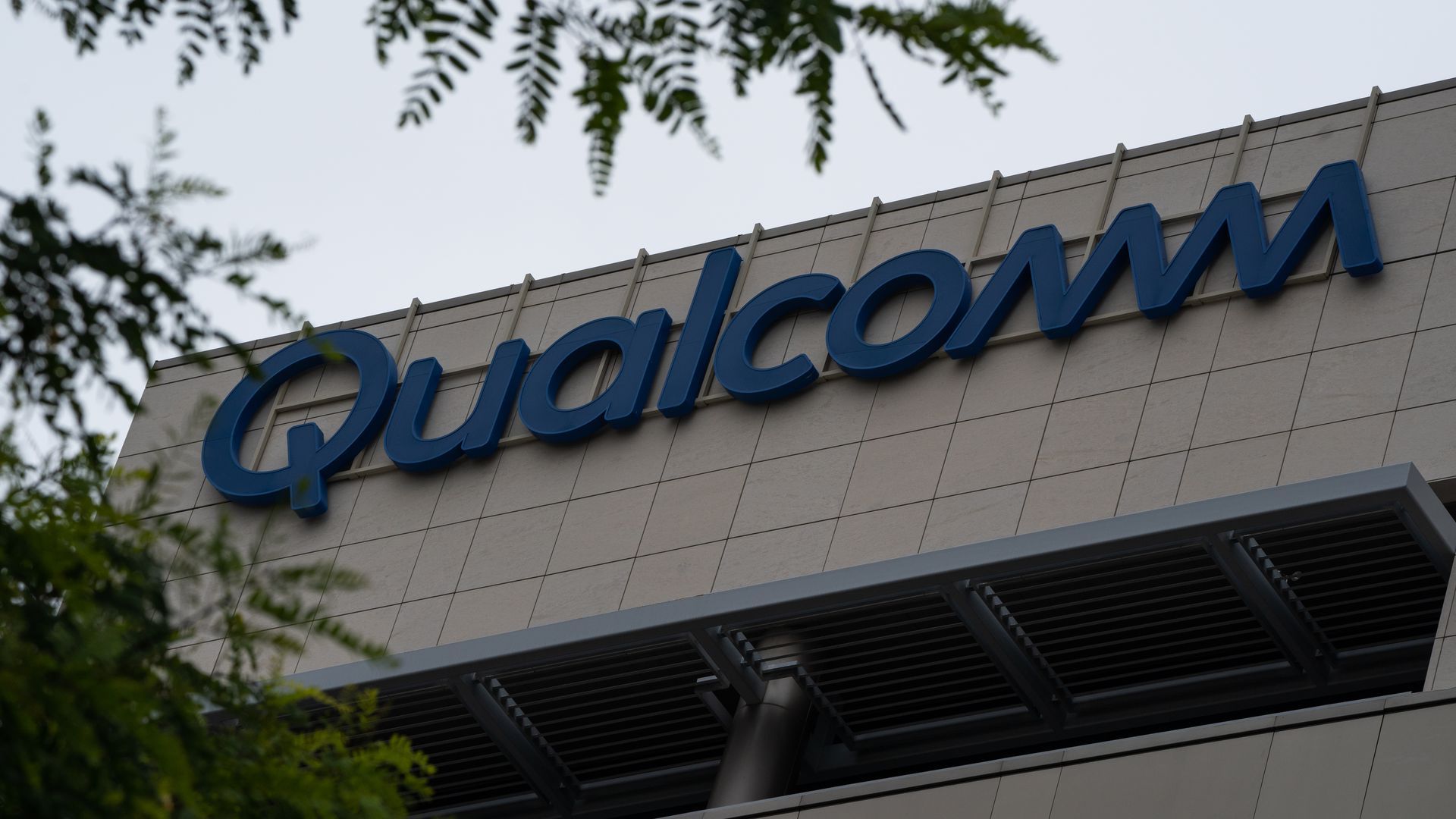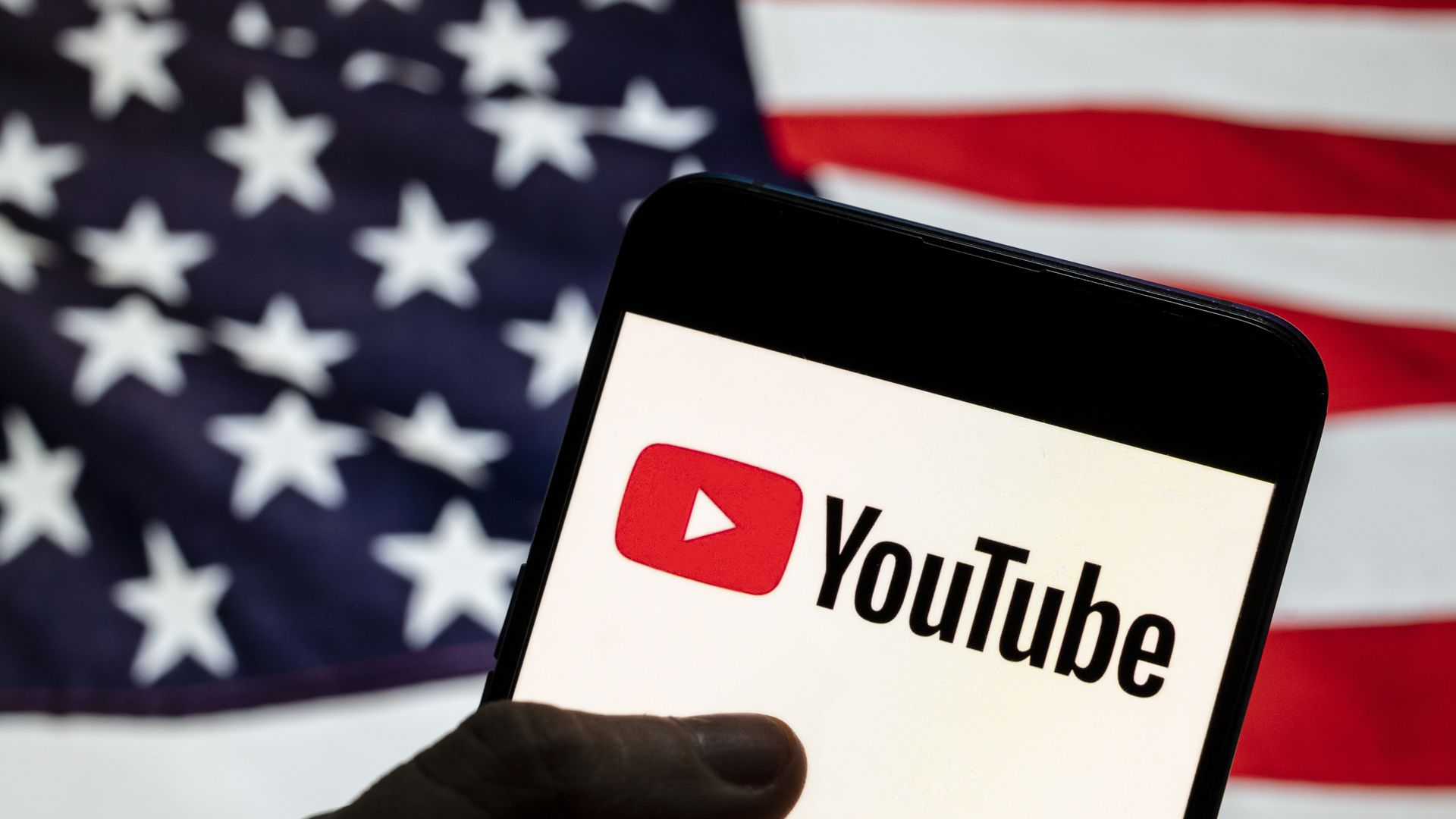| | | | | | | Presented By Boxabl | | | | Axios Login | | By Ina Fried · Sep 01, 2022 | | Situational awareness: Twitter has started testing a long-requested feature allowing users to edit tweets. Our Competition Week series continues below! Today's newsletter is 1,320 words, a 5-minute read. | | | | | | 1 big thing: Tech's newest giant is also an outcast |  | | | Illustration: Shoshana Gordon/Axios | | | | The phenomenal and speedy rise of TikTok has made the short-video-sharing platform the latest and most-likely-to-succeed front-runner in the race to join tech's inner corporate circle. But, as Axios' Scott Rosenberg and Sara Fischer report, it already has a giant target on its back. Why it matters: TikTok's vast pool of users, fine-tuned content algorithm and accelerating cash machine have made it the upstart that most spooks Facebook, which started copycatting TikTok's format in 2020. Yes, but: Tiktok's arrival as a competitive challenger to tech's incumbent giants comes with a colossal asterisk — it's owned by a private Chinese company, ByteDance. There was a time when TikTok could look forward to a future as a spun-off, independent outfit with a lucrative IPO and an independent, publicly traded status from which to compete in the U.S. with Facebook, YouTube and other rivals. - The Trump administration changed all that with a haphazard, months-long campaign of pressure and executive orders that promised to ban the service unless it found an American owner.
- The company survived that threat. But the Biden era's many commercial confrontations between China and the U.S. haven't made life much easier for TikTok, which now faces relentless scrutiny from regulators and Capitol Hill along with a national security review.
- Critics say TikTok's U.S. customer data could be at risk since Chinese law requires China's companies to share information with the government. TikTok says it operates independently and protects U.S. data through an alliance with Oracle.
By the numbers: By all measures, TikTok's momentum is unprecedented. Even though the company is private, an overwhelming amount of data from various analytics providers all point to the app's power. - Users: TikTok surpassed 1 billion users in just over five years last year, achieving that milestone many years faster than Facebook, YouTube and Instagram.
- Downloads: TikTok was once again the most downloaded app globally last quarter, the eighth quarter in a row it's held that position, per Sensor Tower, an apps analytics firm.
- Time spent: Time spent per day on TikTok by U.S. adults is expected to surpass YouTube this year, per eMarketer. On average, U.S. adults will use the app 45.8 minutes per day compared to 45.6 minutes per day on YouTube. TikTok surpassed Instagram in daily time spent by U.S. adults in 2019 and Facebook in 2020.
- Advertising: TikTok's U.S. ad revenue is on pace to surpass YouTube's by 2024, per eMarketer. Analysts forecast TikTok will net more than $11 billion in U.S. ad revenues that year.
- Influencer marketing: Dollars spent on sponsored influencer posts on TikTok are expected to overtake the amounts spent on Facebook this year and YouTube in 2024, although Instagram will still dominate in that area.
Be smart: Much of TikTok's success is being driven by a new subset of young internet users that became heavily engaged with the platform during the pandemic. - The latest biannual survey on teen consumer habits from Piper Sandler found that TikTok, as of April, has surpassed Snapchat as the favorite social media platform for U.S. teens (on average age of 16.2 years), with Instagram in third place
Flashback: Long before TikTok's arrival on the scene, of course, Snapchat held the "most likely to replace Facebook" crown. But after a 2017 IPO Snap Inc. has foundered, with the company announcing 20% layoffs and other product trims on Wednesday. |     | | | | | | 2. Chip scrap: Arm sues Qualcomm |  | | | Photographer: Bing Guan/Bloomberg via Getty Images | | | | Arm, the British chip design firm owned by SoftBank, is suing Qualcomm — one of its biggest customers — for breach of contract and other claims, Axios' Dan Primack and I report. Why it matters: The suit, filed Wednesday, comes as SoftBank is seeking to prepare Arm for a public listing. A prior deal to sell Arm to Nvidia was scrapped due to regulatory pressures. At issue: Arm's complaint centers around Nuvia, a semiconductor startup founded by ex-Apple and Google engineers, which Qualcomm acquired last year for $1.26 billion. - Nuvia had licensed Arm's technology to develop its processor cores for use in servers. In its suit, Arm says the acquisition required Qualcomm to gain Arm's approval to transfer the deal, even though Qualcomm has its own license with Arm.
- The two companies held talks on how to resolve the matter, but failed to reach a deal, according to the suit. Arm says earlier this year it sent Qualcomm a notice saying it was terminating its contract with Nuvia.
- The suit seeks to have that contract termination upheld and to require Qualcomm to scrap any Nuvia-developed technology that uses Arm's intellectual property.
The other side: "Arm's lawsuit marks an unfortunate departure from its longstanding, successful relationship with Qualcomm," Qualcomm general counsel Ann Chaplin said in a statement. "Arm has no right, contractual or otherwise, to attempt to interfere with Qualcomm's or Nuvia's innovations." - "Arm's complaint ignores the fact that Qualcomm has broad, well-established license rights covering its custom-designed CPUs, and we are confident those rights will be affirmed."
Be smart: While both Qualcomm and Nuvia have Arm architecture licenses, the terms are considerably different, sources tell Axios. - As one of Arm's oldest and largest customers, Qualcomm has far more favorable terms than Nuvia, a new licensee and small startup, according to a source familiar with the licensing deals.
- Arm would love to have Qualcomm pay more for chips and the Nuvia deal provided a potential opening. Qualcomm, meanwhile, is known for its tough negotiating tactics, even with its partners.
Our thought bubble: Both companies are taking a big risk. - Arm is suing one of its largest customers at a time SoftBank is hoping to spin the company out as an independent company.
- Qualcomm, meanwhile, is taking the risk that its product development could be halted by a court, potentially jeopardizing future chips and the value of its Nuvia deal.
The bottom line: There's a lot of money at stake, enough for both companies to be willing to play a clearly risky game. |     | | | | | | 3. Trump wanted live YouTube ad during debate |  | | | Photo illustration: Budrul Chukrut/SOPA Images/LightRocket via Getty Images | | | | Ahead of the 2020 elections, then-President Trump's campaign asked YouTube if it could livestream the president's commentary during Democratic debates atop the video site's homepage, according to the upcoming book "Like, Comment, Subscribe" by Bloomberg reporter Mark Bergen. Why it matters: While YouTube ultimately declined, the request underscores the reach and influence Trump's campaign saw in the video service. - "YouTube's homepage is the Super Bowl of the internet," Bergen tells Axios' Kia Kokalitcheva.
- "What YouTube was and still is, is super exceptional one-to-many broadcast," he adds. "Twitter was Trump's preferred way for that, but he leaned into YouTube."
Between the lines: YouTube likely decided not to allow the debate commentary ads because "it would have been a bit too gaudy for their taste," Bergen says. - Trump's campaign ended up purchasing homepage ads for Election Day, despite earlier internal debate over whether to allow masthead ads that day.
- YouTube declined to comment to Axios.
Meanwhile: YouTube says it is preparing for the upcoming midterms by ranking content from authoritative news sources more highly, featuring "information panels" with accurate information about candidates and races and conducting a "media literacy campaign" to identify misinformation tactics, per a new blog post. |     | | | | | | A message from Boxabl | | Be a part of this company's solution to housing | | |  | | | | Boxabl is on a mission to solve the affordable housing crisis. The company known for its patented home construction technology has raised over $110 million and has backing from America's largest homebuilder, D.R. Horton. Housing is a global problem, and Boxabl has a solution — invest today. | | | | | | 4. Take note | | On Tap - The IFA consumer electronics trade show officially starts on Friday in Berlin, though announcements are likely to begin dribbling in today.
ICYMI - A group of Google workers is calling on the company to end its AI contract with the Israeli government, citing Israel's treatment of the Palestinian people. (Axios)
- Meta is setting up a new unit to create paid features for its various properties. (The Verge)
- Results of an initial review by the U.K.'s competition authority into Microsoft's purchase of Activision show the deal could face a lengthy investigation there. (BBC)
|     | | | | | | 5. After you Login | | Courtesy of Vicki Lan Goldstone Earlier this week I shared a tip on how to make a decorative flower out of the end of a bok choy. But the craftiness need not end there: Longtime Login reader Clare Sayas Ronning wrote in to say that the resulting roses can also be used as a stamp with paint and paper. |     | | | | | | A message from Boxabl | | Invest in the future of housing | | |  | | | | Imagine if houses were built like cars, with one home coming off the assembly line every minute — wouldn't that change the world? What you need to know: Cutting-edge housing manufacturer Boxabl plans to do just that by setting up the world's largest and most advanced housing factory. Find out more. | | |  | | Are you a fan of this email format? It's called Smart Brevity®. Over 300 orgs use it — in a tool called Axios HQ — to drive productivity with clearer workplace communications. | | | | | | Axios thanks our partners for supporting our newsletters. If you're interested in advertising, learn more here.
Sponsorship has no influence on editorial content. Axios, 3100 Clarendon Blvd, Arlington VA 22201 | | | You received this email because you signed up for newsletters from Axios.
Change your preferences or unsubscribe here. | | | Was this email forwarded to you?
Sign up now to get Axios in your inbox. | | | | Follow Axios on social media:    | | | | | |









No comments:
Post a Comment